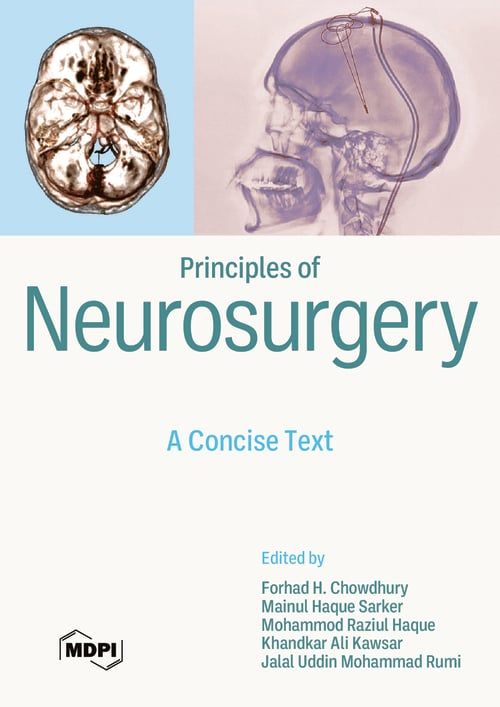Head Injury
Head injury/traumatic brain injury (TBI) is the most prevalent etiology of morbidity as well as mortality all round the world, with colossal financial consequences on the healthcare system. The World Health Organization estimated that ten million people experience a head injury per annum. Head injury patients experience long-term cognitive as well as functional problems and medical illnesses like epilepsy, which necessitate long-period or lifelong personal medical and supportive assistance. The common causes of head injury include falls from height, road traffic accidents (RTAs), recreation and sports accidents, physical assault, firearm attacks and accidents, and explosions. TBIs may be mild, moderate, and severe, requiring proper emergency clinical and radiological assessment for appropriate emergency, urgent, or routine management, including ICU management and surgery. This chapter will briefly discuss the principles of the management of TBI patients with regard to issues ranging from emergency management to complication management.
